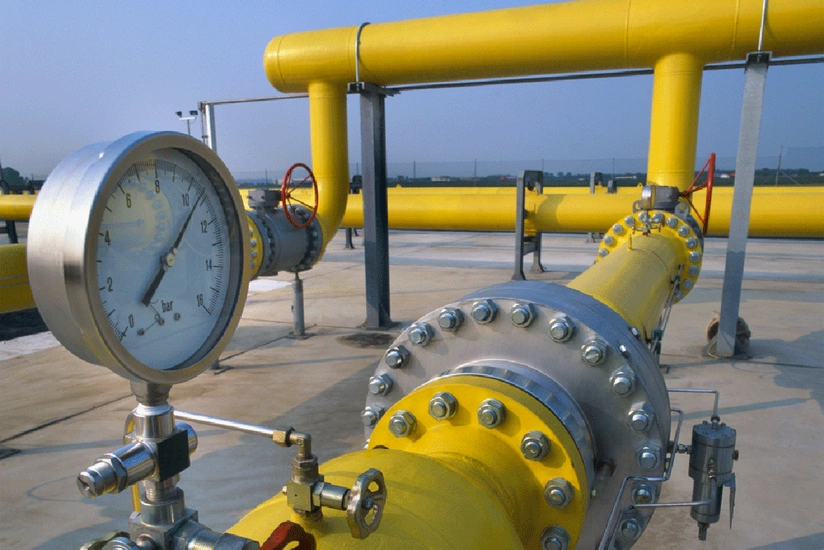Azerbaijan and Turkey agree on gas supplies
- 27 September, 2021
- 11:30

After almost a year of intense negotiations, Azerbaijan and Turkey have finally concluded a new deal to replace the 20-year-old contract that had governed their gas trade expired in April, Report informs referring to eurasianet.
The agreement was announced in a low-key fashion, atypical for the two states that rarely miss an opportunity to trumpet their ascendant ties. Instead of a joint signing ceremony between the two leaders, Azerbaijani officials only confirmed the existence of a “temporary agreement” by email. Speaking on September 20 at an energy conference in Dubai, Turkey’s deputy energy minister, Alpaslan Bayraktar, also confirmed that a new agreement had been reached and offered no details.
The contract inked in 2001 saw Turkey import 6.6 billion cubic meters a year of gas from Azerbaijan’s Shah Deniz Caspian gas field, delivered through the South Caucasus or Baku-Tbilisi-Erzurum pipelines via Georgia.
Talks between Azerbaijan’s state oil company SOCAR – which heads the Azerbaijan Gas Supply Company (AGSC) – and Turkey’s state gas import company Botas on a renewal had been widely expected to be little more than a formality.
Although neither side is confirming details, it has become clear that the new agreement lasts until the end of 2024 only and will see Azerbaijan selling gas to Turkey effectively on a spot basis.
Previously – as with the Azerbaijan-Turkey contract that ended in April – international gas import contracts were negotiated to last for decades, with prices usually indexed to the price of crude oil.
But the rapid rise in global production of liquid natural gas (LNG) has meant that gas is more often sold like crude oil: on a spot basis with prices fluctuating based on supply and demand.
In July, Turkey’s state energy regulator began opening auctions for daily, unused ‘spot capacity’ in the two pipelines that carry Azerbaijani gas to Turkey: the South Caucasus and TANAP.
The three auctions held so far have offered monthly and quarterly capacity for this year and yearly capacity for 2022 through 2024 – suggesting that the deal just reached only extends to the end of 2024.
Turkey’s state gas importer Botas has been the sole bidder and has bid only for capacity in the South Caucasus Pipeline, suggesting that AGSC wants to hold the remaining spare TANAP capacity to allow for increased exports to Europe – a move which makes sound commercial sense given that European gas prices currently are high.
To date, Botas has booked around a third of daily spot capacity in the South Caucasus Pipeline through the end of this year, while its daily reservations for 2022 total 2.62 billion cubic meters, and for 2023 and 2024, 3.84 billion cubic meters – or around half of the 6.6 billion cubic meters a year it was importing under the old contract.
Turkey will continue to offer the unreserved capacity in monthly auctions as long as it is available, allowing Botas to increase imports if AGSC agrees to sell them the gas.
The year-long reservations give Baku some security in knowing the minimum volume of gas it will sell to Turkey for the coming three years, while continuing monthly and quarterly auctions allow Botas to increase the volume it imports in line with demand and broader market conditions.
What the spot capacity auctions don’t reveal is what price the gas is being sold for, and why the new agreement appears to be running for only three years.
Unconfirmed reports about the sales prices suggest that Turkey is getting a discount, although it’s unclear if it’s as much as Ankara wanted.
Natural gas produced from Azerbaijan’s Shah Deniz field by a consortium of foreign companies led by BP is transported to Turkey.
